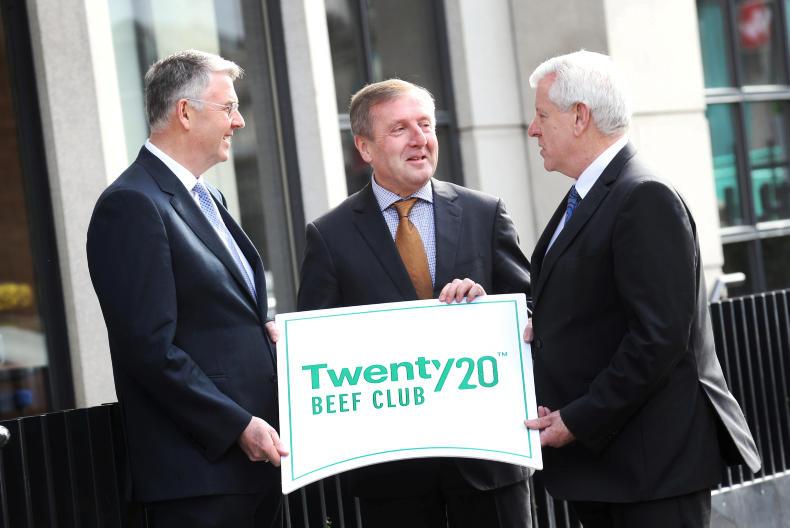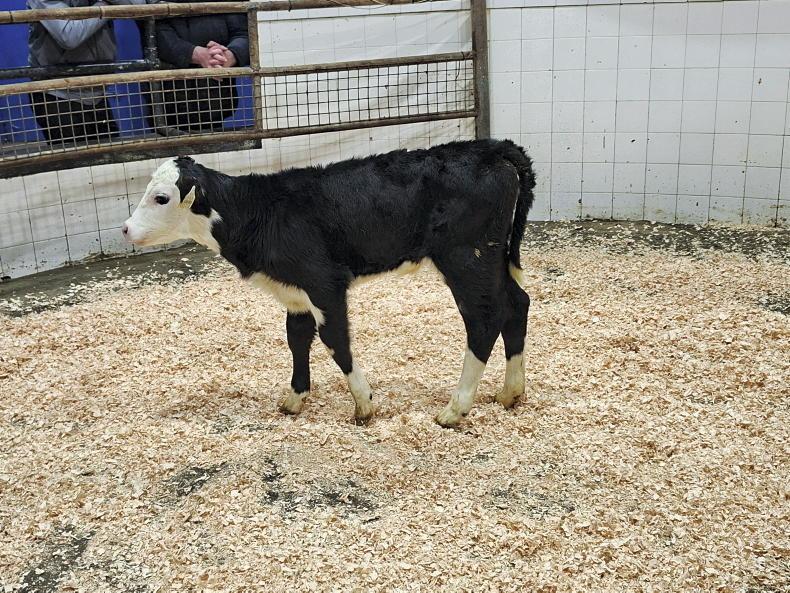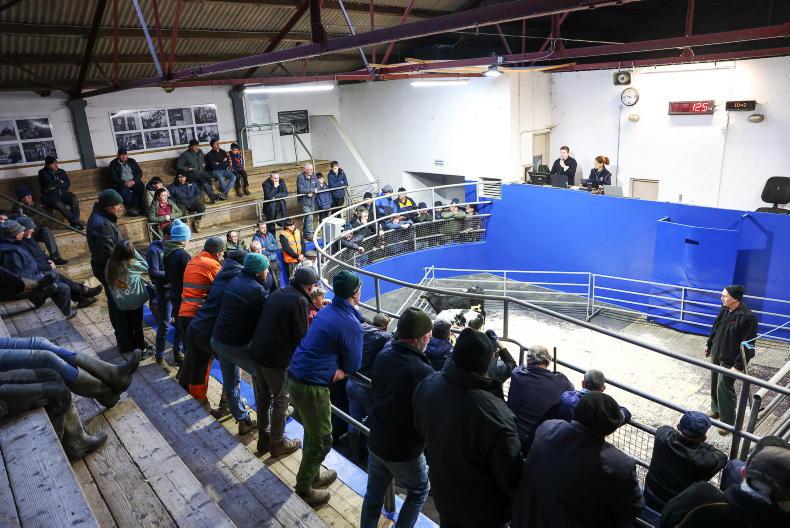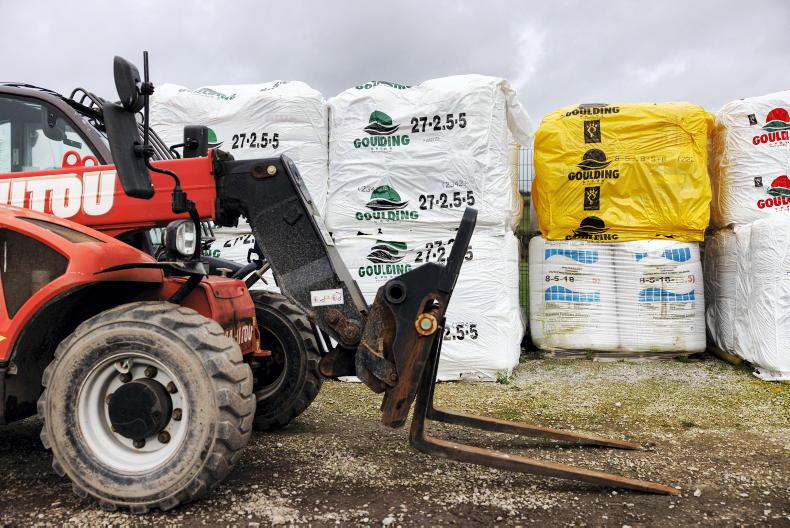Glanbia Ireland and Kepak Group have announced a new calf-to-beef programme that will see farmers receive an advance payment of up to €770 per animal to provide cashflow during the animal’s lifetime.
The Twenty20 Beef Club will guarantee farmers a market for dairy-bred heifers and steers and will provide additional bonus payments and top-ups.
The programme is to be rolled out on a pilot basis this year with 6,000 calves sought from dairy farmers supplying Glanbia Ireland. There are plans to expand the programme to 50,000 calves per year over its five-year run time.
Requirements
The advanced payment is an optional part of the programme which will see a participating farmer receive €35 per animal per month for months three to 24.
To be eligible to participate in the programme, farmers must be Glanbia co-op members or current Kepak suppliers. Dairy farmers, beef finishers or suckler farmers who purchase dairy calves will all be eligible with a minimum of 25 calves required per farm.
Calves must be finished on the farm of birth or after one movement to a finishing farm. All dairy breeds with the exception of Jersey or Jersey crosses will qualify.
Payment
On price, animals enrolled in 2019 and 2020 will be paid the average market price plus a premium of 15c to 25c/kg as well as a bonus of 12c/kg.
There will also be a seasonality bonus to for animals sold in April (+6c/kg), May (+10c/kg) and June (+6c/kg). Members of the club will also be eligible for Angus or Hereford breed bonus payments, which are guaranteed at the point of entry for the pilot phase.
At an average market base price of €4.00/kg, an Angus steer in the programme slaughtered in April 2021 would qualify for a net price of €4.43/kg. At a market price of €3.75/kg, the same animal would earn €4.28/kg due to the increasing premium at lower market prices.
Targets
There is a strict rearing plan to be adhered to as part of the programme.
Over the course of five years, Glanbia and Kepak hope to achieve the following performance targets:
A reduction in average age at slaughter to 24 months.A reduction in average carbon footprint through the use of methane-reducing feed additives, reduction in the average age of slaughter, improved feed conversion efficiency, reduced feed waste and improved fertility across the herd.An improvement in the eating quality attributes of meat through a combination of better genetics, nutrition management and optimum processing techniques.All the relevant farm inputs consumed by calves in the programme must be sourced from Glanbia Ireland to “assure the feed and food safety credentials” of the beef. The programme hopes to create a "closed loop" system.
Glanbia Ireland and Kepak Group have announced a new calf-to-beef programme that will see farmers receive an advance payment of up to €770 per animal to provide cashflow during the animal’s lifetime.
The Twenty20 Beef Club will guarantee farmers a market for dairy-bred heifers and steers and will provide additional bonus payments and top-ups.
The programme is to be rolled out on a pilot basis this year with 6,000 calves sought from dairy farmers supplying Glanbia Ireland. There are plans to expand the programme to 50,000 calves per year over its five-year run time.
Requirements
The advanced payment is an optional part of the programme which will see a participating farmer receive €35 per animal per month for months three to 24.
To be eligible to participate in the programme, farmers must be Glanbia co-op members or current Kepak suppliers. Dairy farmers, beef finishers or suckler farmers who purchase dairy calves will all be eligible with a minimum of 25 calves required per farm.
Calves must be finished on the farm of birth or after one movement to a finishing farm. All dairy breeds with the exception of Jersey or Jersey crosses will qualify.
Payment
On price, animals enrolled in 2019 and 2020 will be paid the average market price plus a premium of 15c to 25c/kg as well as a bonus of 12c/kg.
There will also be a seasonality bonus to for animals sold in April (+6c/kg), May (+10c/kg) and June (+6c/kg). Members of the club will also be eligible for Angus or Hereford breed bonus payments, which are guaranteed at the point of entry for the pilot phase.
At an average market base price of €4.00/kg, an Angus steer in the programme slaughtered in April 2021 would qualify for a net price of €4.43/kg. At a market price of €3.75/kg, the same animal would earn €4.28/kg due to the increasing premium at lower market prices.
Targets
There is a strict rearing plan to be adhered to as part of the programme.
Over the course of five years, Glanbia and Kepak hope to achieve the following performance targets:
A reduction in average age at slaughter to 24 months.A reduction in average carbon footprint through the use of methane-reducing feed additives, reduction in the average age of slaughter, improved feed conversion efficiency, reduced feed waste and improved fertility across the herd.An improvement in the eating quality attributes of meat through a combination of better genetics, nutrition management and optimum processing techniques.All the relevant farm inputs consumed by calves in the programme must be sourced from Glanbia Ireland to “assure the feed and food safety credentials” of the beef. The programme hopes to create a "closed loop" system.









SHARING OPTIONS